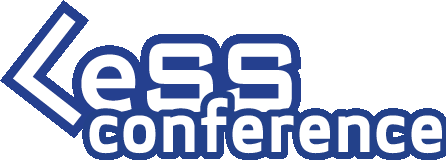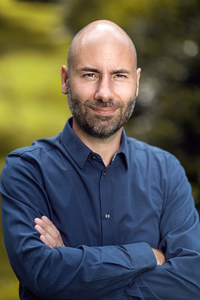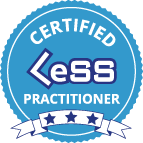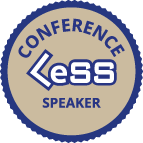The Most Important Skill for Succeeding with Agile? Who Knows?
We believe that many people in organisations, particularly their senior management, lack an essential skill for making a profound positive change: the skill of not knowing. They use agile techniques in futile attempts to control fundamentally uncontrollable aspects and to see existing beliefs confirmed, instead of using them for what they are designed: actively exploring unknown opportunities and exposing emerging risks and impediments.
From what we've seen, most agile change initiatives at large companies fail eventually. Even the big consultancy "agile success stories" of the past years result in little or no bottom-line results and face a gradual re-introduction of old school thinking after their initial honeymoon period - that is, if it ever disappeared.
We believe that many people in these organisations, particularly their senior management, lack an essential skill for making a profound positive change: the skill of not knowing. They use agile techniques in futile attempts to control fundamentally uncontrollable aspects and to see existing beliefs confirmed, instead of using them for what they are designed: actively exploring unknown opportunities and exposing emerging risks and impediments. It's not just the senior managers; all humans suck at not knowing. This aspect of our psyche contributes to many great bad things like superstition, conspiracy theories, war, and yes, fake agile transformation projects. Most executives, even ones who think they "get Agile", naturally prefer the advice of consultants and frameworks that confirm their existing "knowledge" over ones that challenge their deeply-rooted beliefs on the role of management and the importance of extensive governance structures.
To improve the success rate of positive change in companies, we believe that it's necessary to develop the skill of not knowing: distinguishing facts from fairytales and organising for a reality where the unknown is much bigger than the known. With our collective at NoFairies (https://nofairies.com), we dedicate ridiculous amounts of time studying scientific research for inspiration on this topic. In this talk, I share a few of the principles and practices that we are teaching executives:
- how you can distinguish what is known from what is "known", and
- how you can organise yourself for dealing with large amounts of unknowns.
We use some of this material to coach senior executives at two of Belgium's largest companies. Very quickly, we noticed significant changes in the way they give and receive feedback, make decisions, influence planning and interpret reporting.
While seasoned LeSS practitioners may recognise some of our advice, we're confident that this talk will be insightful and thought-provoking to all.




